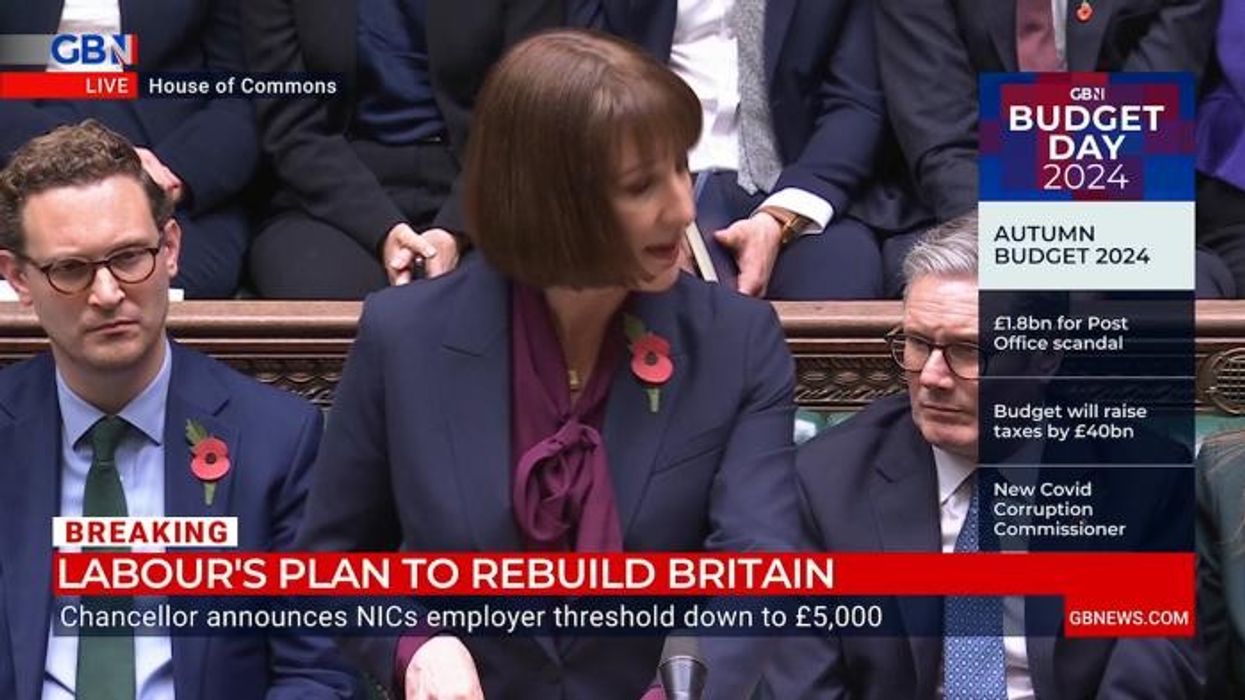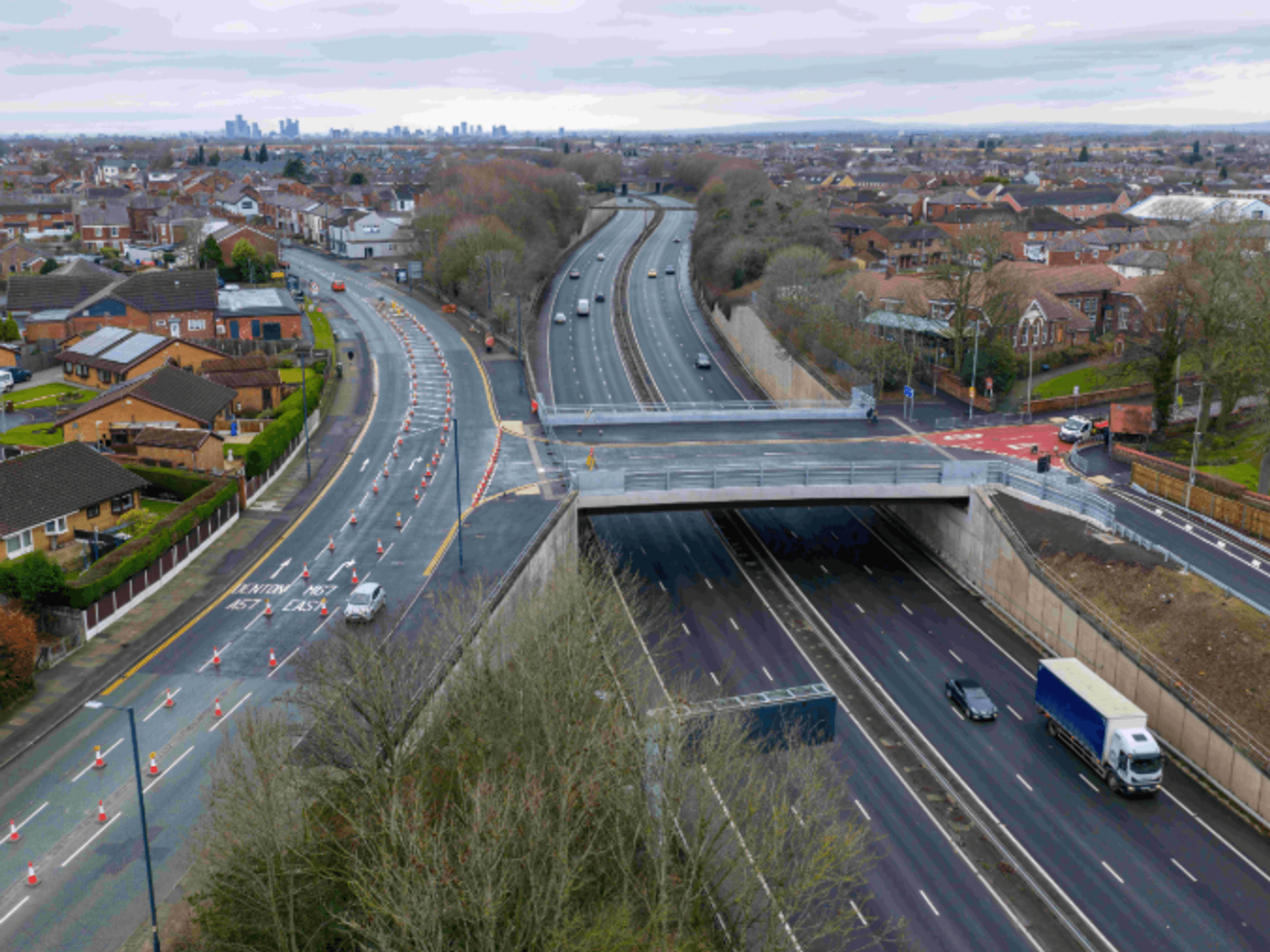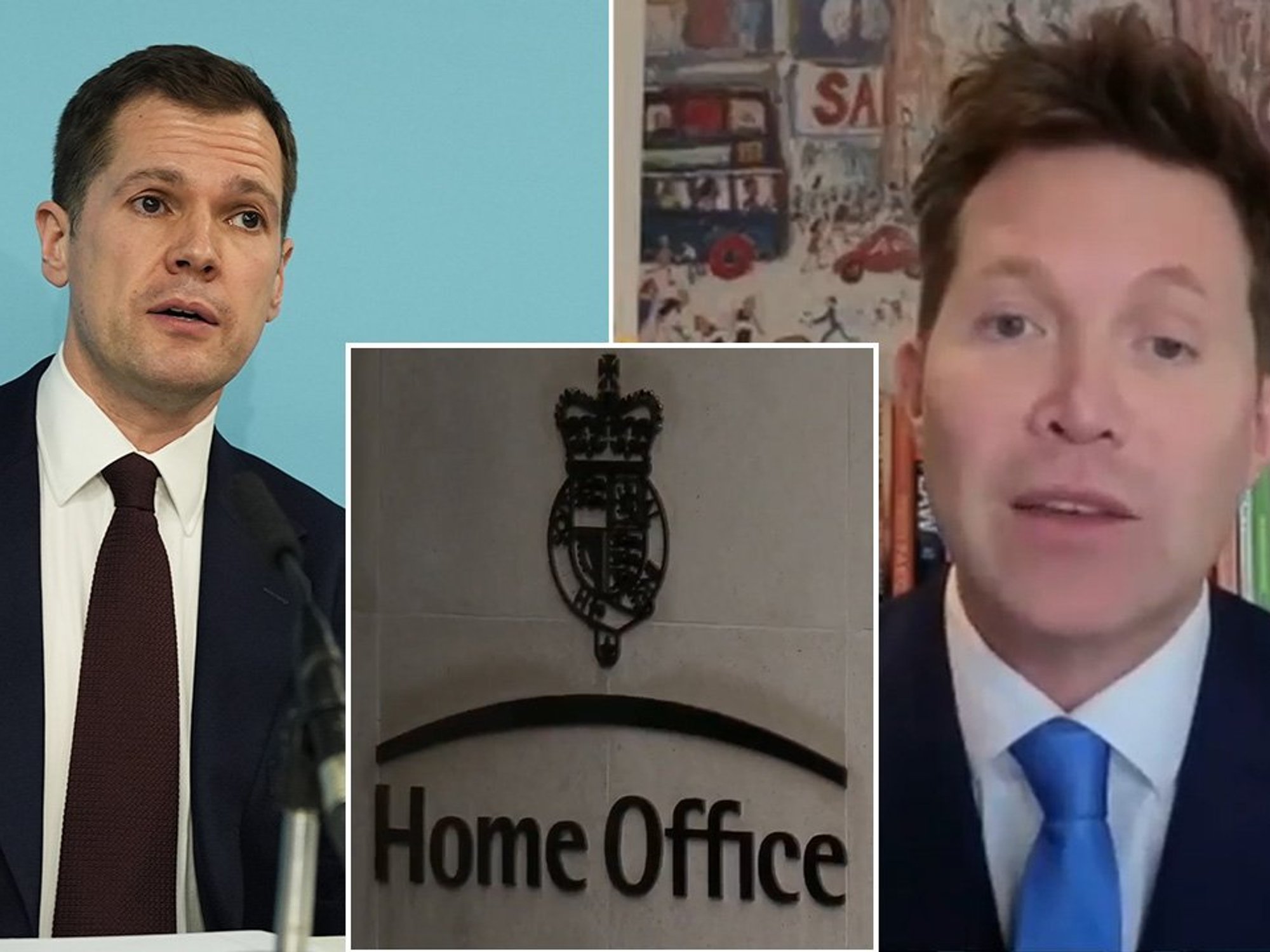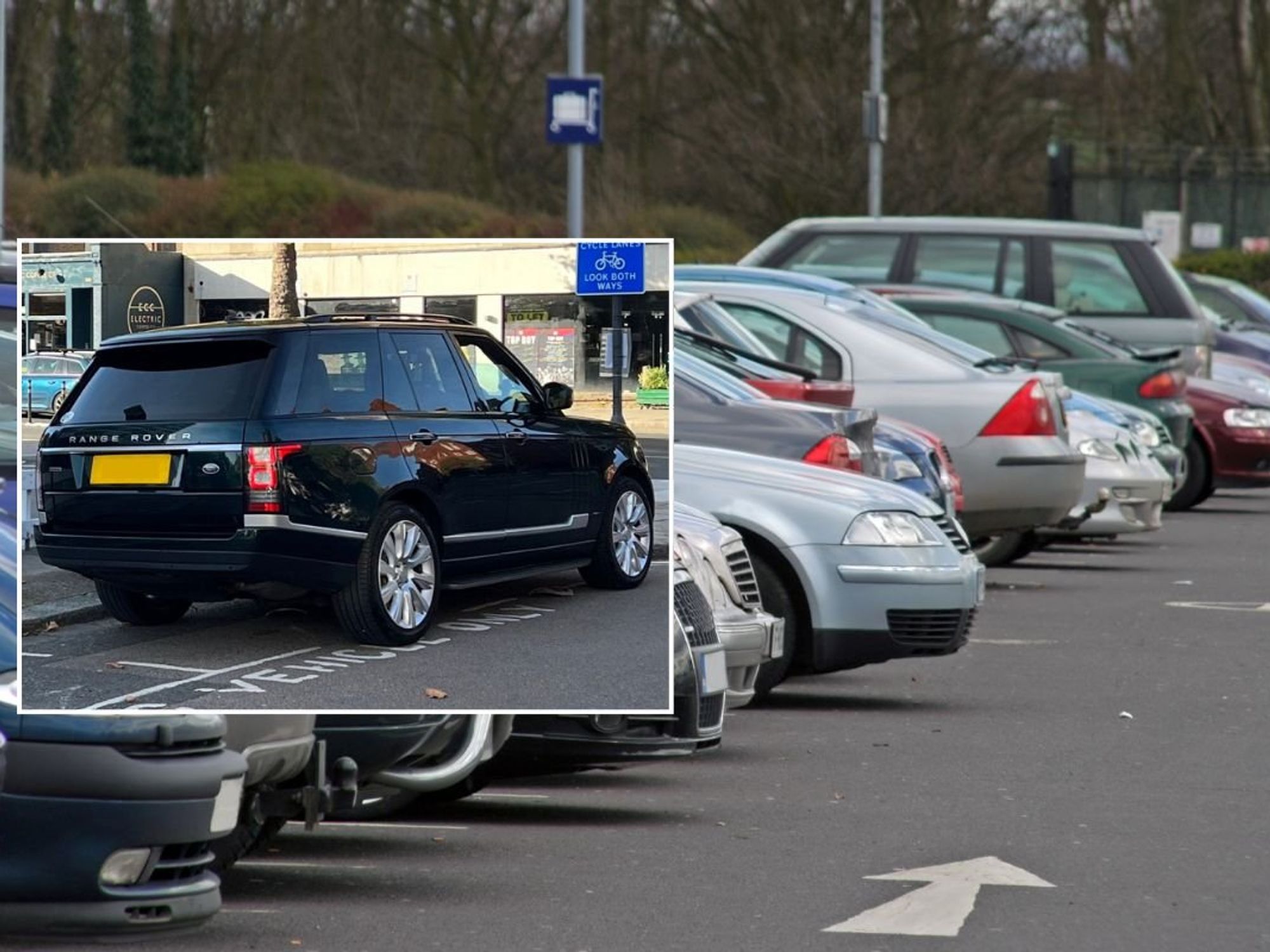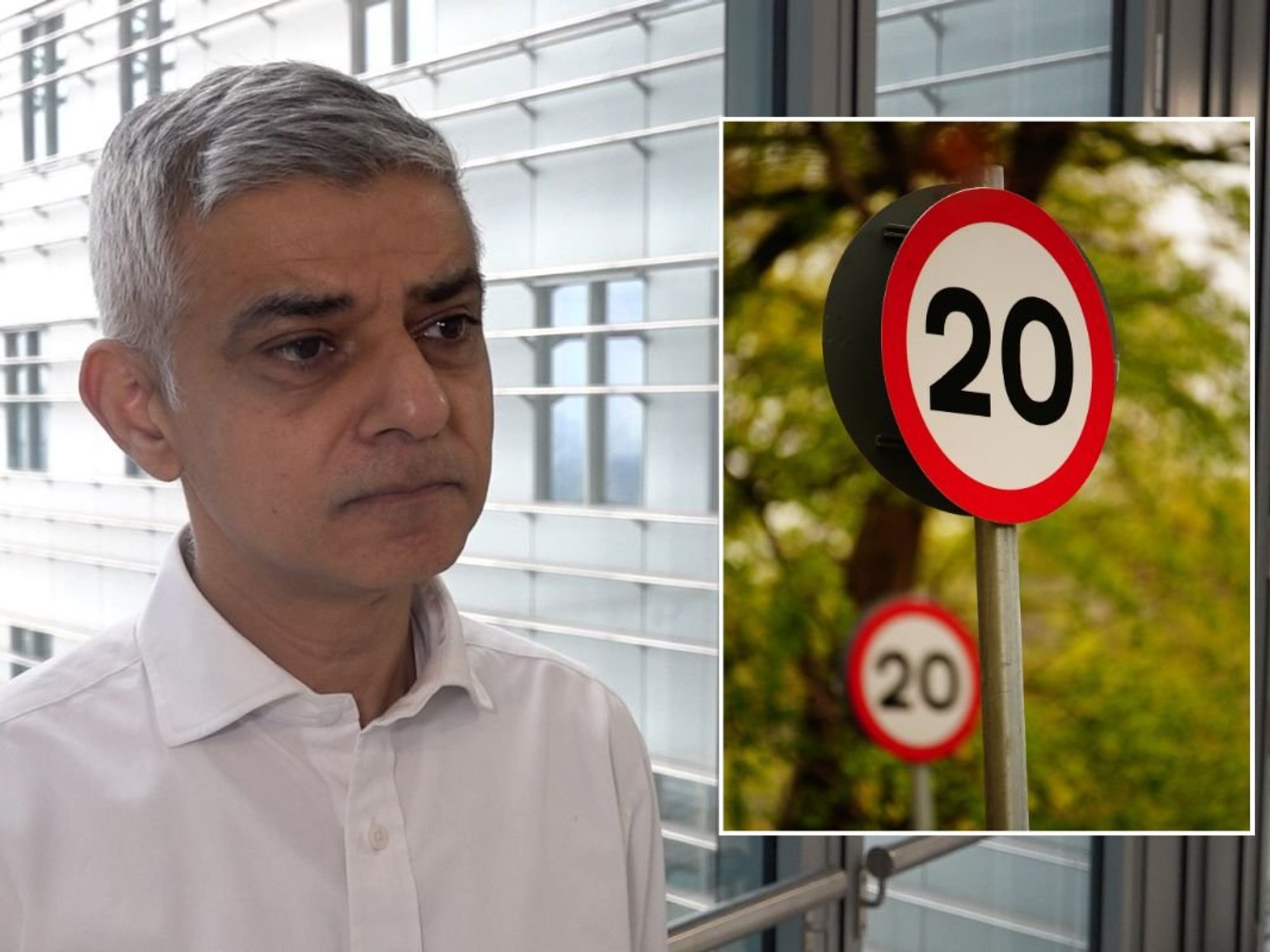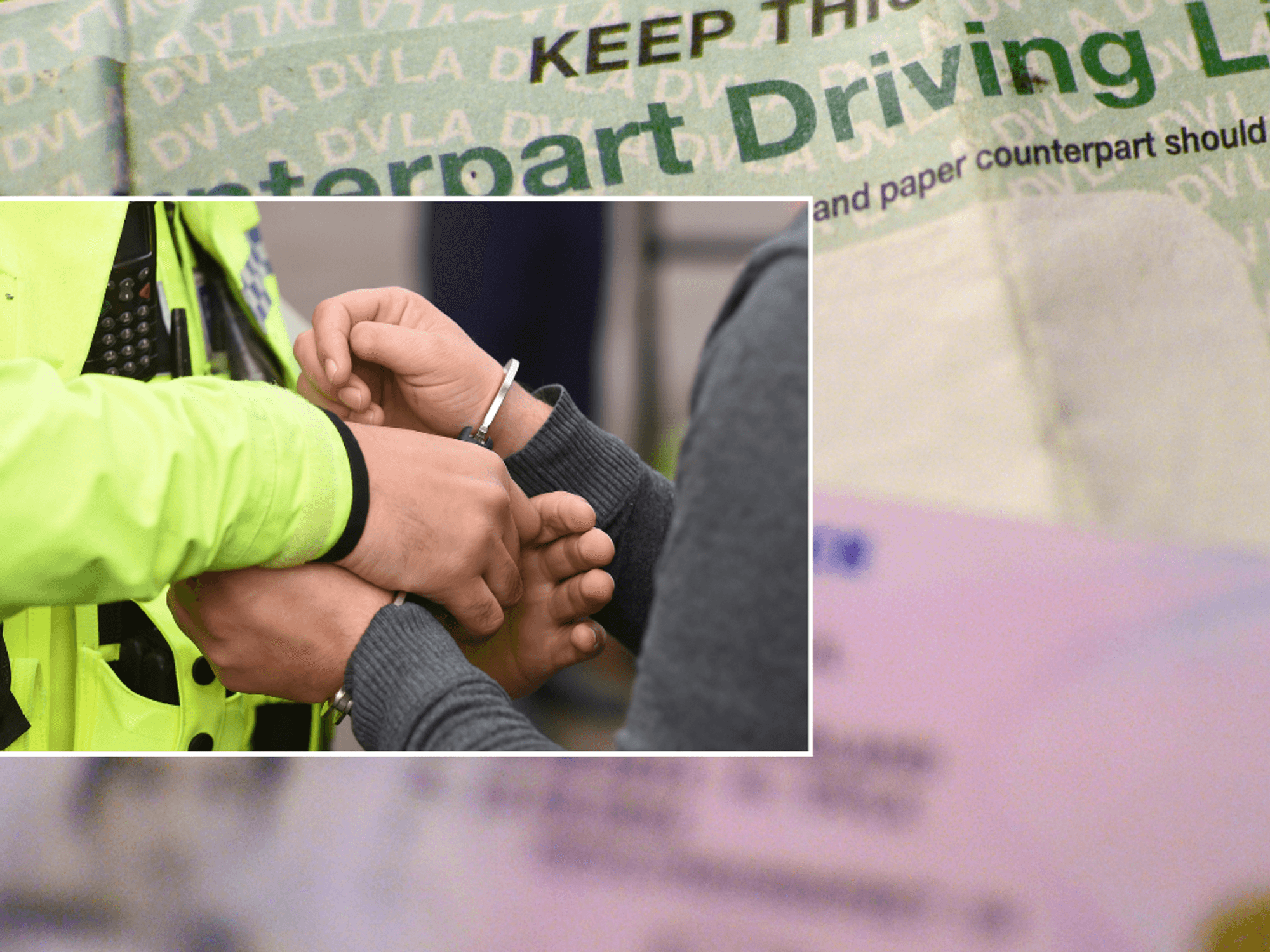HMRC update sees thousands of drivers face higher car taxes as Labour closes legal 'loophole'

From October 6, 2026, HMRC will reclassify Employee Car Ownership Schemes as company cars
Don't Miss
Most Read
Drivers have been warned of higher tax bills next year after HMRC confirmed plans to close down Employee Car Ownership Schemes (ECOS), impacting thousands of drivers.
The changes, which will come into effect from October 6, 2026, will reclassify ECOS vehicles as company cars, forcing roughly 76,000 employees to pay Benefit-in-Kind charges for the first time.
The Treasury insisted that the move was aimed at ensuring "fairness and closing loopholes" that are currently exploited by drivers.
However, changes to the upcoming Finance Bill have specifically targeted arrangements where an employer or third party "sells" a car to an employee, often using a loan with no repayment terms and negligible interest, and then buys it back a short time later.
Do you have a story you'd like to share? Get in touch by emailing motoring@gbnews.uk
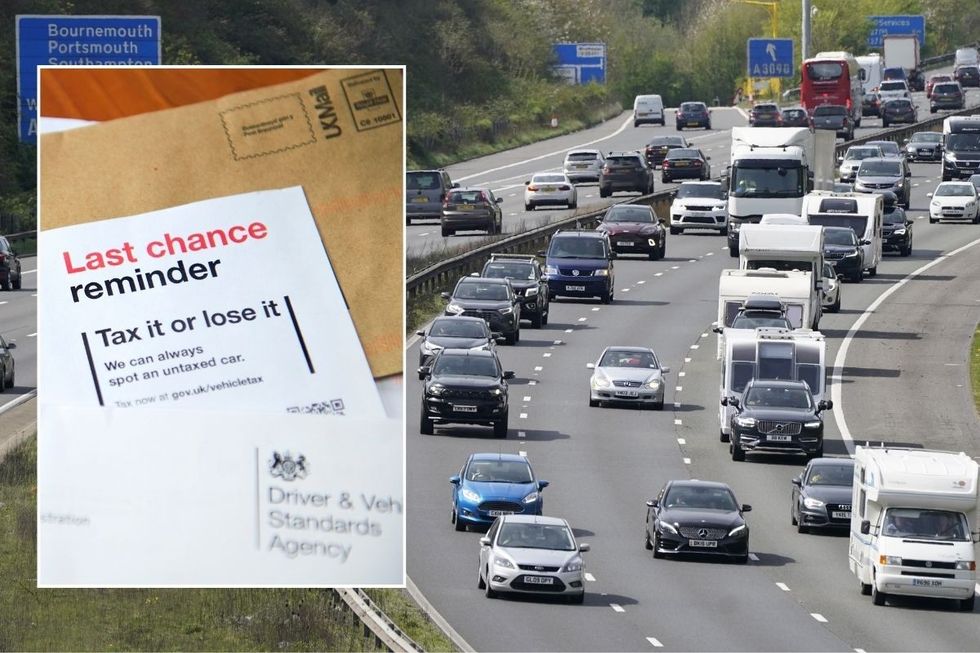
The car tax changes will impact roughly 76,000 drivers
| GETTY/PA"This arrangement means those benefiting don't pay company car tax, which other employees pay, and so this measure will ensure fairness with other taxpayers," the Government said in its policy paper.
Despite the changes not taking effect until autumn 2026, the Treasury has already revealed that it expects to raise £275million in 2026-27, with the annual tax haul still expected to be £175million by 2030.
"Private use of a company car is a valuable benefit, and it is right that the appropriate tax is paid on it," the paper added.
But critics have warned that the policy amounts to another stealth tax raid, forcing workers to pay more while the Government "cloaks the move in green language".
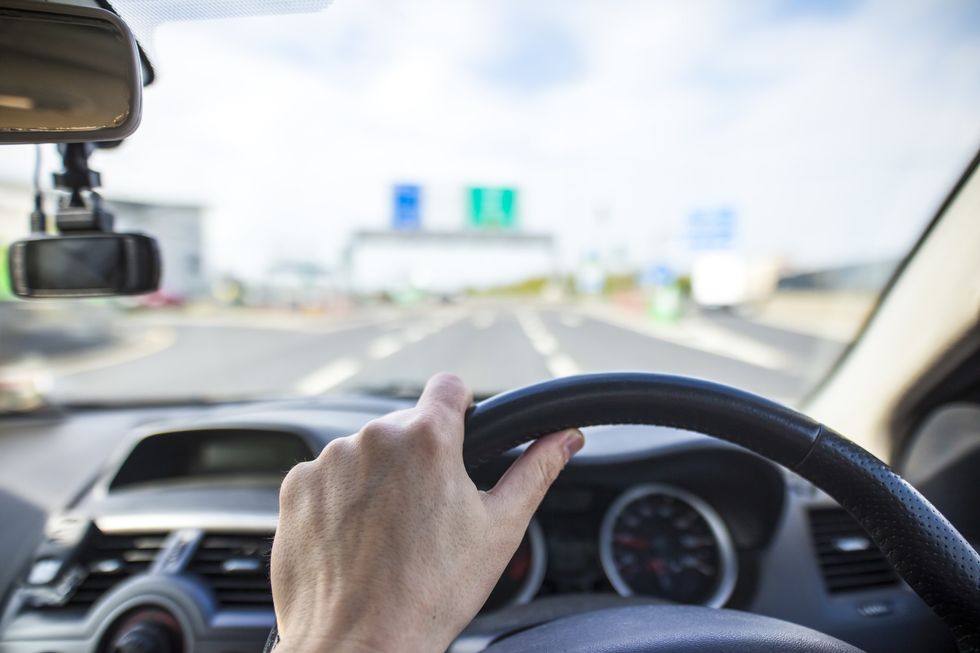 BiK taxes are paid by employees in exchange for using a company car | GETTY
BiK taxes are paid by employees in exchange for using a company car | GETTYOne affected driver told GB News: "We signed up for these schemes in good faith. Now they're being painted as loopholes.
"For me, it means hundreds more in tax — it feels like the rules are being changed mid-game."
Car Benefit Solutions, one of the UK's largest ECOS providers, has now reassured customers that the changes would not see the end of employee car ownership.
Paul Taylor, CBS's managing director, said the legislation remained in draft and stressed the company was already preparing new designs to stay compliant.
"While some adjustments are required for all ECOS, including those provided by CBS, our promise remains unchanged: we're here to make sure you and your employees continue to enjoy rewarding, valuable car benefits – now and in the future," he said.
LATEST DEVELOPMENTS:
- Electric car giants demand EU stick to 2035 car ban as 150,000 jobs and key investments at risk
- Drivers warned of 'contaminated fuel' causing cars to break down after filling up with 'milky' diesel
- Older motorists to receive update 'as soon as possible' on new driving laws cracking down on headlight glare
Mr Taylor confirmed that no drivers currently using an ECOS vehicle would be affected until the 2026 deadline. "You can continue to drive your existing vehicle until then with peace of mind," he added.
The company said it was working with legal experts to ensure future schemes remained viable and that the impact on customers would be minimal.
"With compliance at the forefront, we're working with King's Counsel, and we firmly believe that all elements of the draft legislation can be complied with under future scheme design," CBS said.
According to HMRC, the changes will impact an estimated 76,000 individuals who currently receive cars through the scheme.
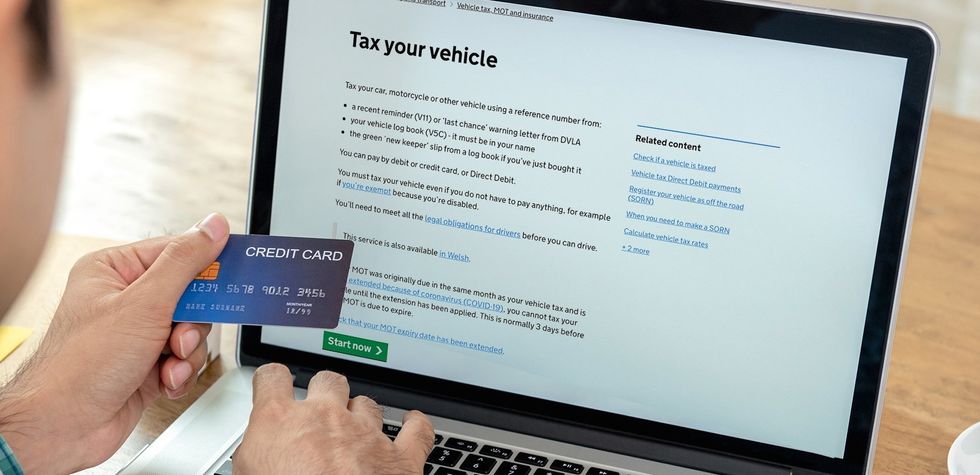 The new car tax changes are set to launch on October 6, 2026 | X/DVLA
The new car tax changes are set to launch on October 6, 2026 | X/DVLAMeanwhile, roughly 1,900 businesses, mainly across motor manufacturing and dealerships, will also need to adjust, HMRC warned.
HMRC explained that they will be required to run ECOS vehicles through payroll as taxable benefits, just as they already do for standard company cars.
The authority shared: "This measure supports the Government's climate change objectives by bringing more people into the scope of the emissions-based company car regime, which is designed to incentivise the take-up of zero emission vehicles."
CBS echoed the point, saying it was already shifting towards EVs and plug-in hybrids. "Our innovative approach puts Electric Vehicles and Plug-in Hybrids front and centre, offering substantial savings to both employers and employees," the firm said.


